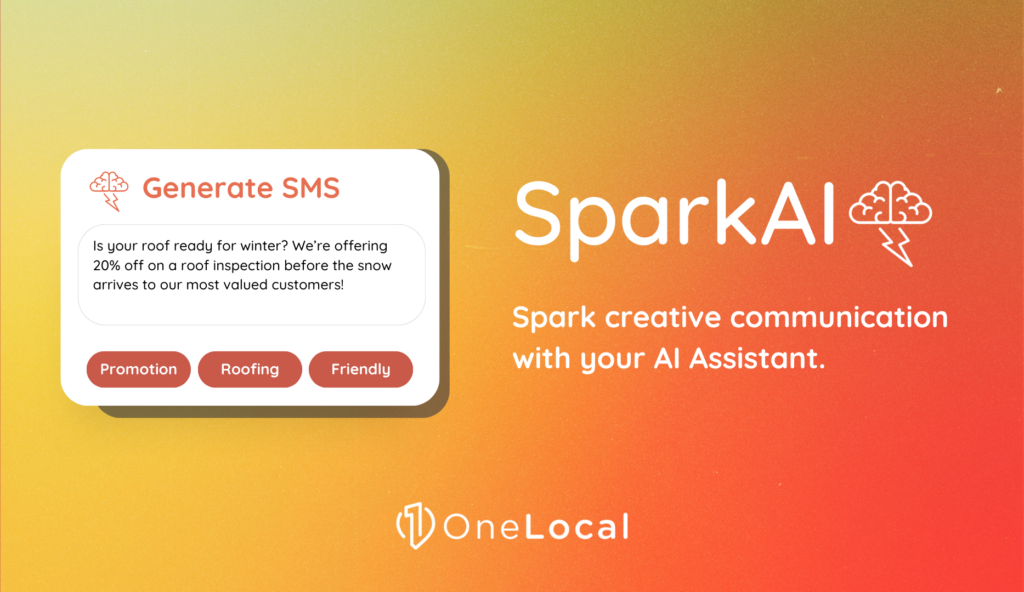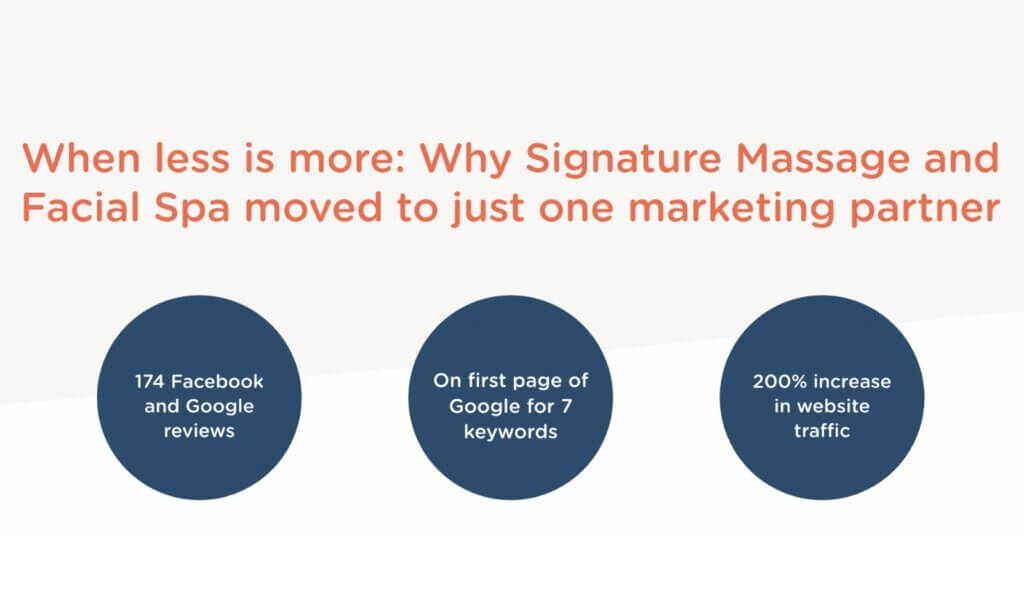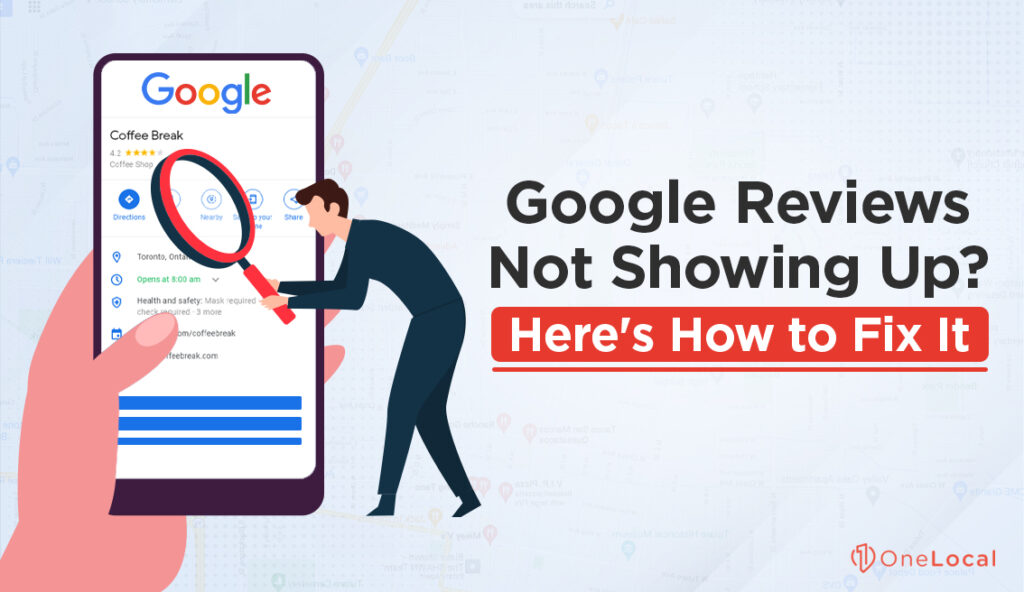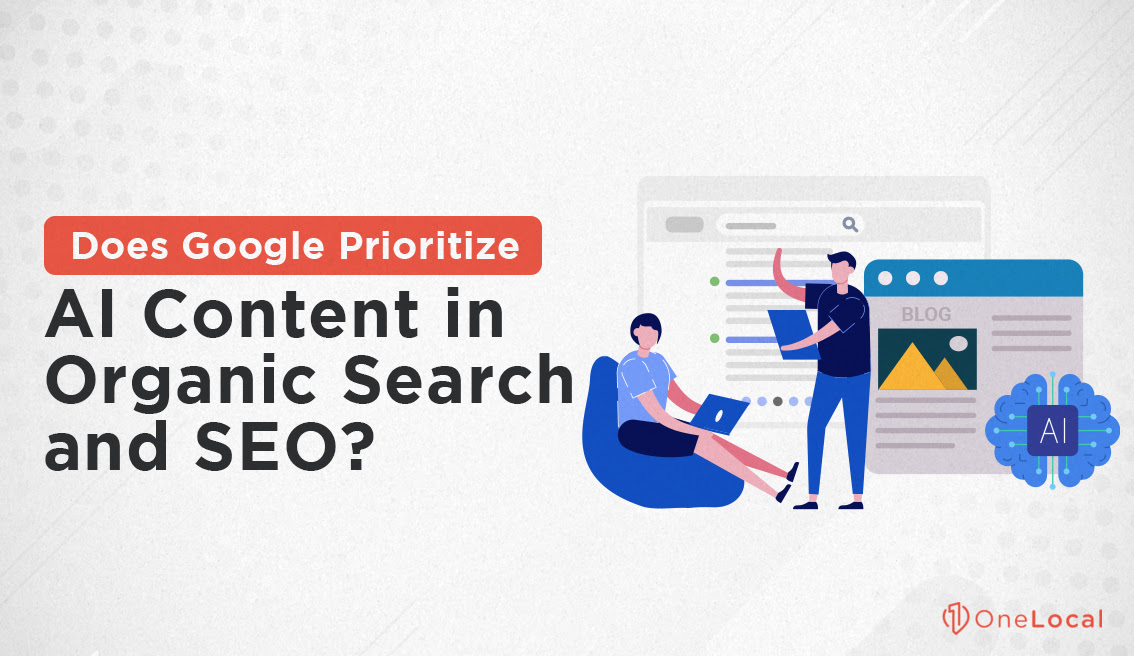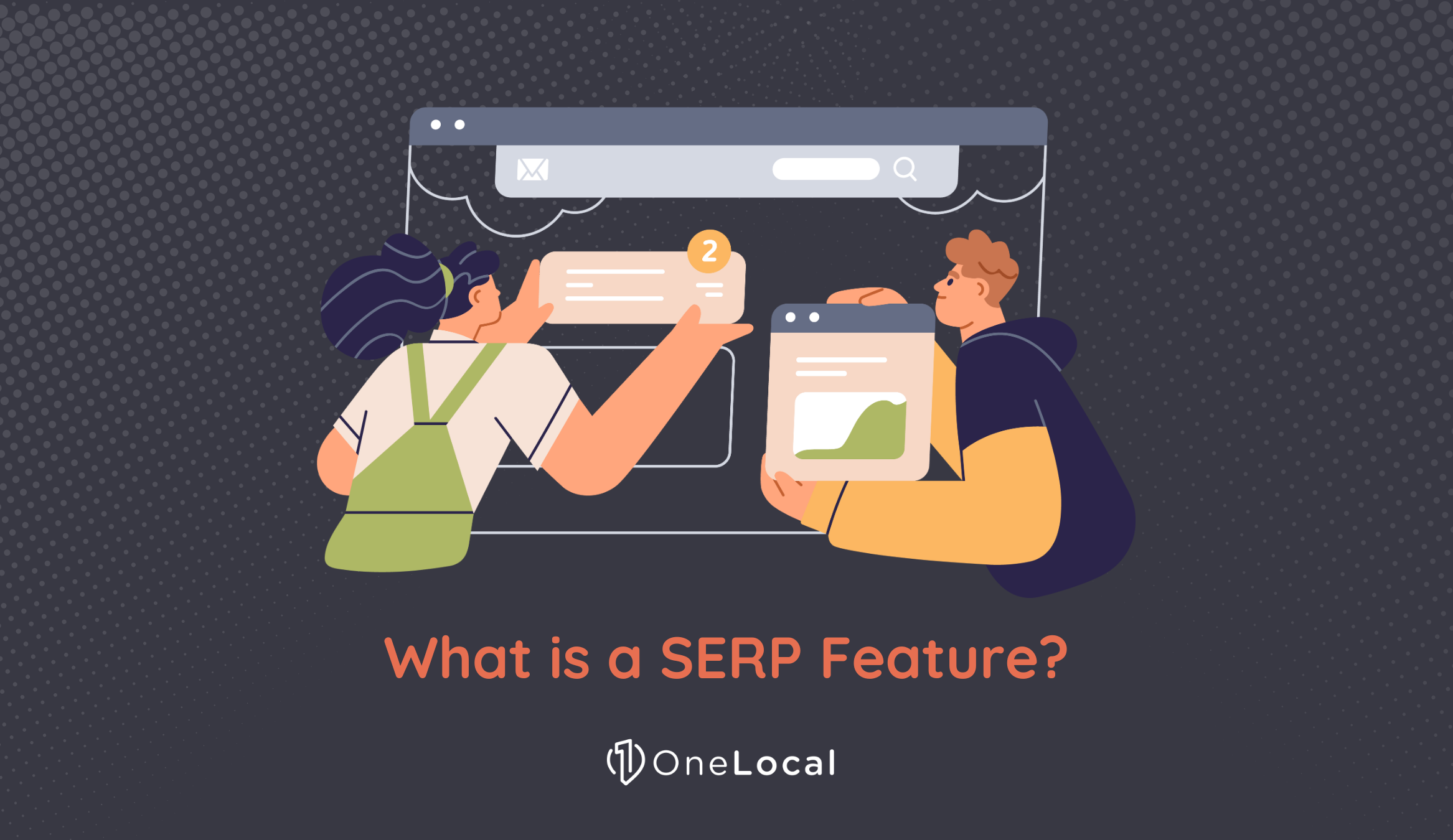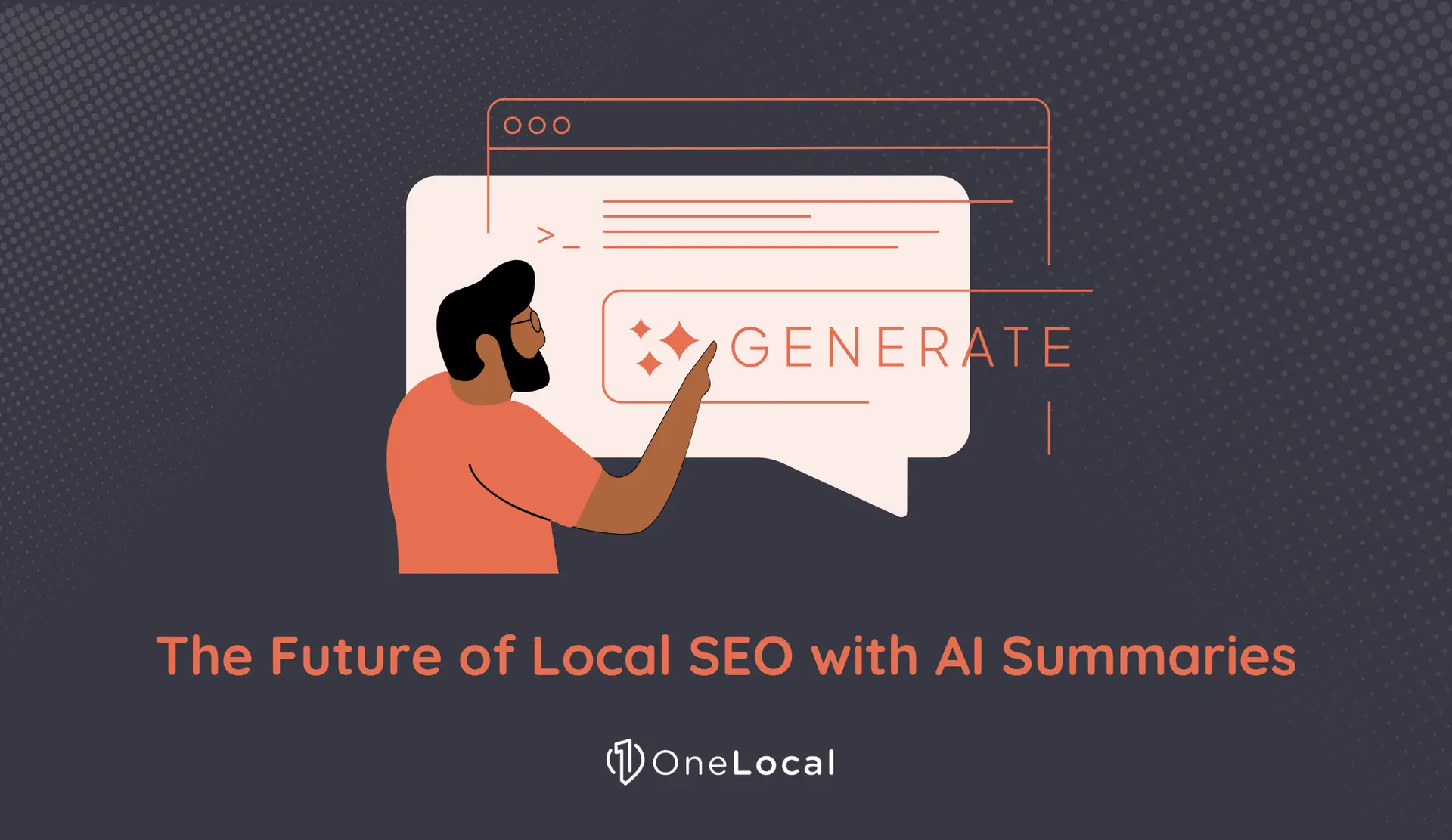Do you know if Google ranks AI-generated content better in its search rankings? As artificial intelligence becomes more a part of our everyday online interactions, it kicks off a lot of conversations among marketers, SEO experts, and content creators.
Depending on how much you know about this subject, you might find the mix of technology and the human touch just as cool as I do.
Let’s talk about this topic and learn how tech and human writing mix in the complicated world of search engine optimization.
Does Google Rank AI Content Better in Organic Search?
Google has been saying the same for years: It focuses on the quality and relevance of content. It doesn’t matter if it’s written by people or whipped up by AI. This clears up the common idea that Google prefers AI-generated content.
At its heart, Google checks content against its E-E-A-T guidelines, which stand for Experience, Expertise, Authoritativeness, and Trustworthiness. These standards are the same for both AI-generated and human-written content. So, if a piece of content fits these guidelines well, it has a great chance of ranking high.
To give you an example, it’s pretty cool how Google can tell the difference between content that was made by people and content made by machines. Google’s clever algorithms are great at finding impressive content and can tell when something just doesn’t cut it – maybe because it feels too cookie-cutter or lacks a personal tone. As a result, low-quality or spammy AI content is quickly shown the door.
So, AI in content creation will need a bit of innovation and good judgment. Creators shouldn’t just trust AI tools but should also use them to support the content creation process. This strategy will make sure to stick to SEO best practices and keep up with Google’s strict quality rules, and finding the right mix between efficiency and authenticity is smart.
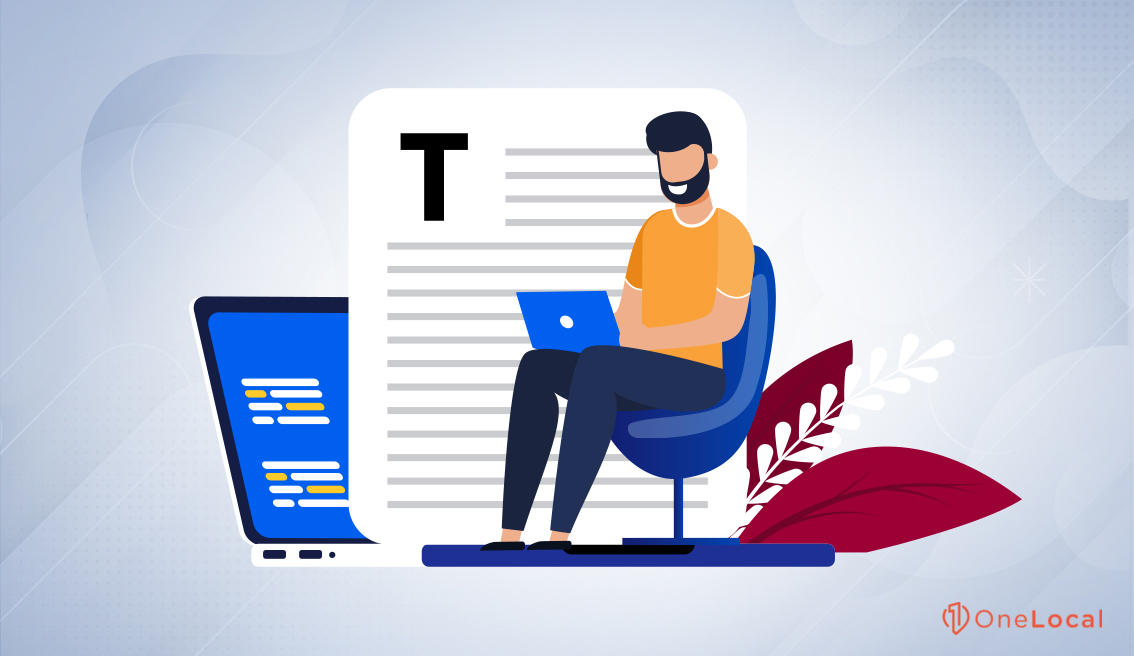
Google keeps changing its algorithms to sort and support high-quality content. This means that AI-generated media needs to be valuable to users so that they can stand a chance at doing well in search rankings. How well the content meets quality standards and serves the user can depend on quite a bit.
Truth be told, being useful at mixing human creativity with AI tools is a skill that isn’t always easy. Prompt engineering with tools like ChatGPT is seriously difficult, and that first-person human touch is a tough thing to fake. Just look at the news articles that went viral this month on the CEO who said they would reject any article that contained the word “delve.”
While AI can help in content creation, the main focus has to always be on quality and value. This strategy will make your content rank better and also help with its connection with your audience.
Google’s Quality Criteria on E-A-T
Let’s dig into how Google checks out these criteria for E-A-T:
Expertise is all about how much the content creator knows about the topic. Google checks if the info comes from an expert, which you can usually spot by the credentials in the content or by how deep the knowledge goes.
Authoritativeness is about how credible the creator is in their field or among their peers, usually shown by mentions and citations on other trusted sites.
Trustworthiness examines how reliable and real the content and its source are – things like having a secure website connection (HTTPS) and being clear and upfront with information are some solid signs here.
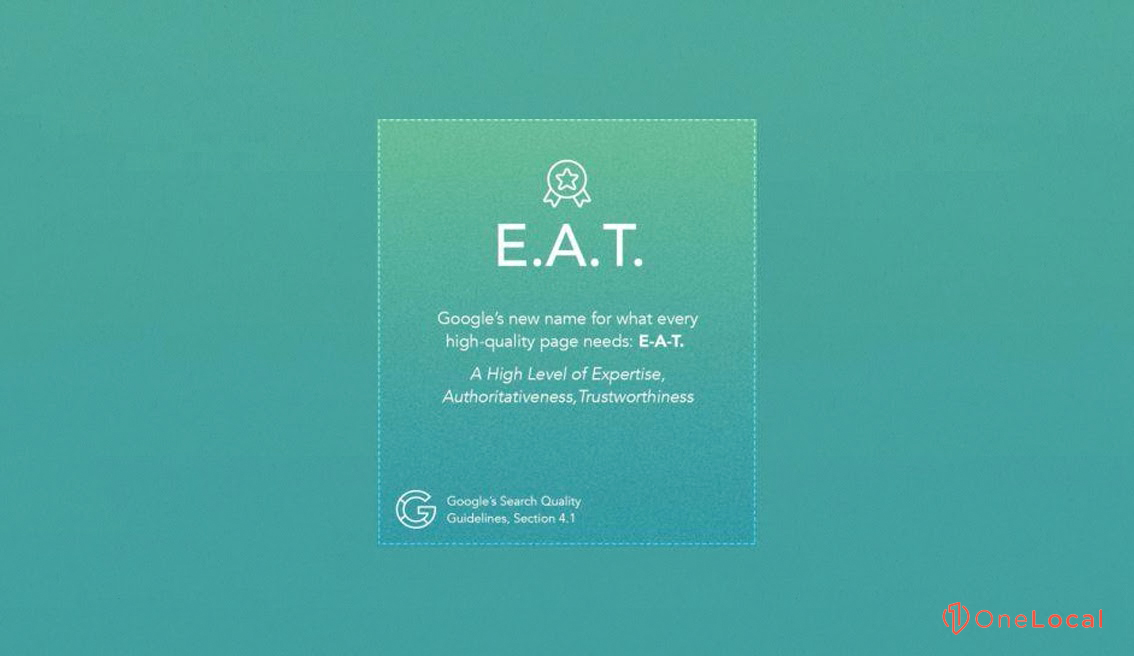
From what I’ve seen, websites that adhere to these E-A-T principles like to compare better in search results. To give you an example, a complete medical article by a seasoned doctor on a recognized health portal will probably rank higher than a sketchy piece by some unknown writer without any medical credentials. But even an impressive article might not do well if it’s on a sketchy website or lacks HTTPS.
The context around the article matters a lot, too. Even the best article can be dragged down if it’s mixed in with low-quality or distracting content. I’ve seen that having related secondary content that backs up the main idea along with easy-to-use navigation and a nice web design improves overall user happiness, something Google cares about.
It’s also important that the content delivers on what it promises. Google puts a lot of weight on making sure what’s promised in the headline and intro shows up in the full content. A catchy headline that leads to let-down content can quickly get tagged as low-quality.
From what I’ve seen, I would recommend actively managing these criteria.
How Does Google Detect Spam in AI Content?
At its heart – Google was built to keep search results clean and trustworthy. This creates a situation where we always get the most relevant and reliable info.
So here’s what they do: Google uses a combo of algorithms and regular updates to spot and slap down content that’s just made to help with rankings. These tools look for dead giveaways like weird wording and overusing the same words – that’s keyword stuffing. They’re looking for things that seem forced or lack real depth.
To give you an example, the BERT update in 2019 upped Google’s game in picking up everyday speech. This makes it pretty tough for low-quality AI content to sneak past Google’s checks.
Then there’s Google’s MUM update launched in 2021 – extremely useful and 1,000 times stronger than BERT.
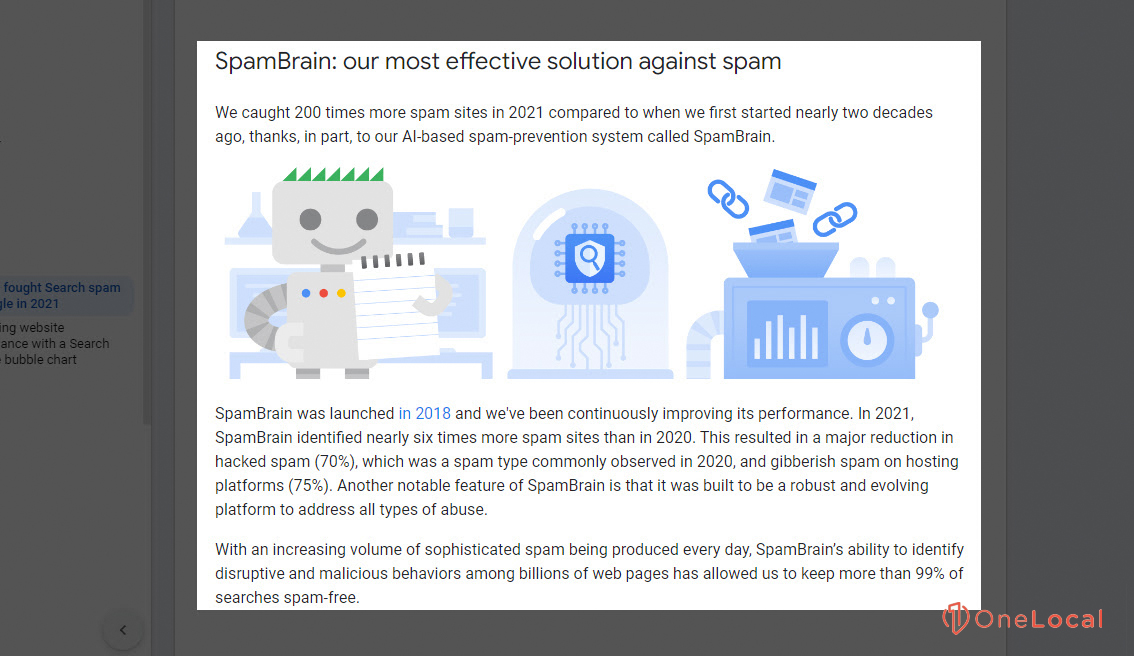
Last year, Google rolled out SpamBrain, an AI built to catch spammy SEO plans, like keyword stuffing and fishy linking methods. This move is a big part of Google’s regular push to show impressive content and keep spam out of our search results.
Anyone creating content or doing SEO needs to keep up with these updates. You can keep track of them on websites designed to show you Google’s latest algorithm updates, like this one. They’re very useful.
Best Practices for AI in Content Creation
When it comes to cooking up content with AI, it’s smart to mix in some human flavor with the automation. Google is pretty clear that all content should stick to the E-E-A-T standards (Expertise, Authoritativeness, Trustworthiness, and Experience).
While AI can make things a bit quicker, it really can’t take over the way humans speak. AI is awesome for coming up with ideas, putting drafts together, and helping you brainstorm – but that’s a small slice of the pie.
I once heard from an online publisher who told me that mixing AI things with human creativity bumped up their web traffic. They’d start off with drafts from AI and then let their team polish them up to meet real SEO needs, and it turned out super well.
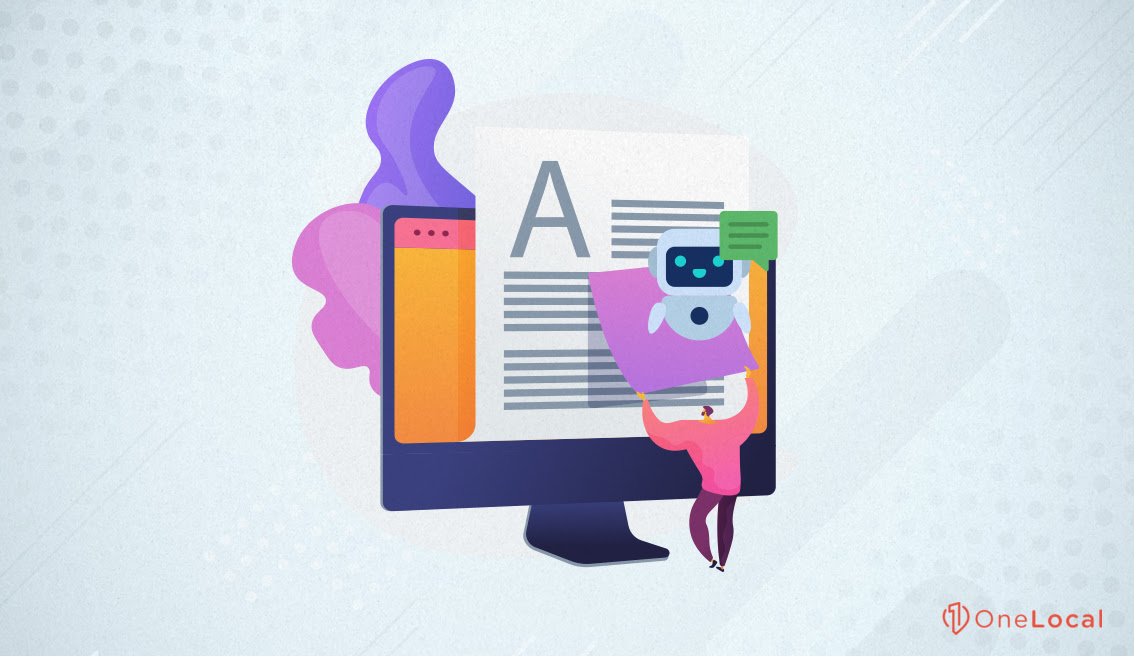
Also, being honest about AI in your content is a good idea. This kind of openness improves trustworthiness – especially in fields where trust is everything.
From what I’ve seen, keeping a close eye on your content quality and SEO can seriously sharpen your game plan. Staying up-to-date with AI things and tackling ethical issues like copyright and plagiarism is also valuable. This strategy keeps your content ranking well and makes sure it’s both on the right side of the law and ethical.
Give Your Value to Users with AI Content.
I remember when I first learned about Google’s preference for user-focused content – it really clicked with me. It’s kind of like making a personalized playlist for a friend rather than picking random songs you like. You have to pick tracks they will enjoy – kind of like customizing content to your audience today.
Google now favors AI-generated content that meets the reader’s needs over clinging to old SEO plans like keyword stuffing or spam backlinks. This strategy makes sense because their AI checks if the content is meaningful or just fluff that tries to help with rankings.
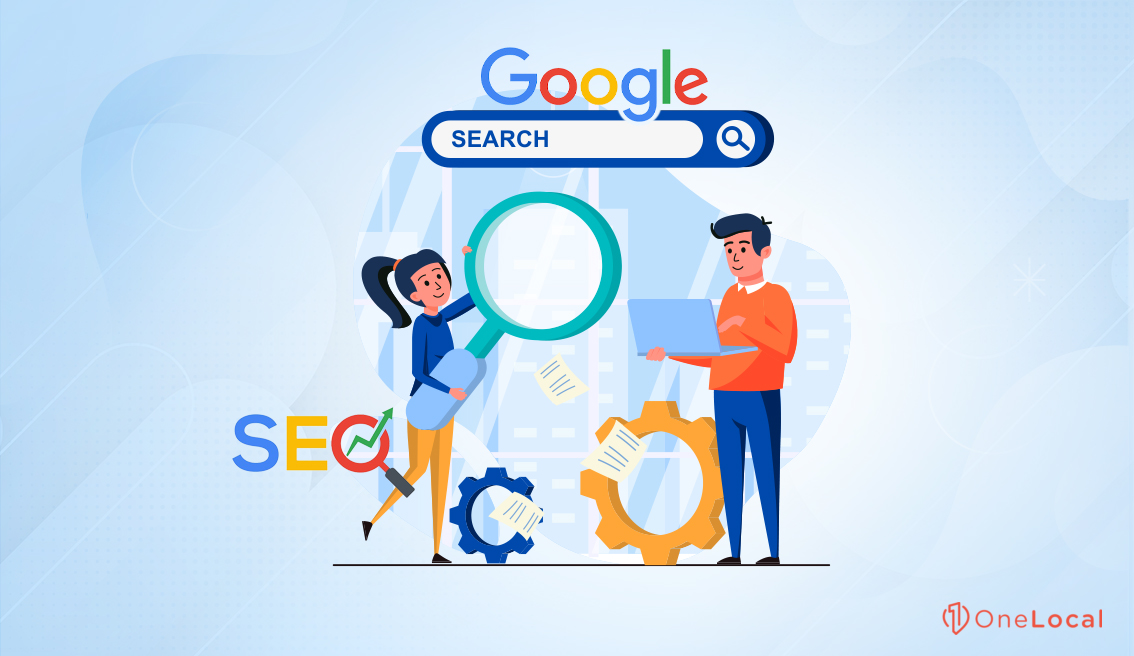
What I’ve realized is that keeping up with Google’s guidelines and knowing what your audience likes is pretty important. To give you an example, Google’s AI tools and generative answers want to give users the info they need quickly and right away. But there’s a catch.
These features might show answers right on the search page, which can mean fewer visits to your site. Some website owners are seeing a 50% drop in traffic – especially if their content pages are simple and easily answered by AI.
Now, creating long-form content that is relevant and reliable is more important than ever. I spend loads of time changing my posts based on reader feedback and what the analytics tell me. It’s basically like changing a recipe until it’s just right.
It’s really smart how the ads are synced up with both user intent and the AI’s understanding of the content. Watching this change is fascinating. It suggests a future where delivering value and creating advertising opportunities consistently go hand in hand.
Does that all make sense? Talking about this feels like sharing stories from a tough hike we’ve both done – hard at times but finally super rewarding!
Google’s Guidelines
You might think it’s pretty interesting to hear about how smart it is to use links the way Google’s search guidelines recommend. Having a bunch of solid backlinks from trusted places is huge for building credibility. Think of links from big-name sites as votes that tell Google your content and your website is reliable.
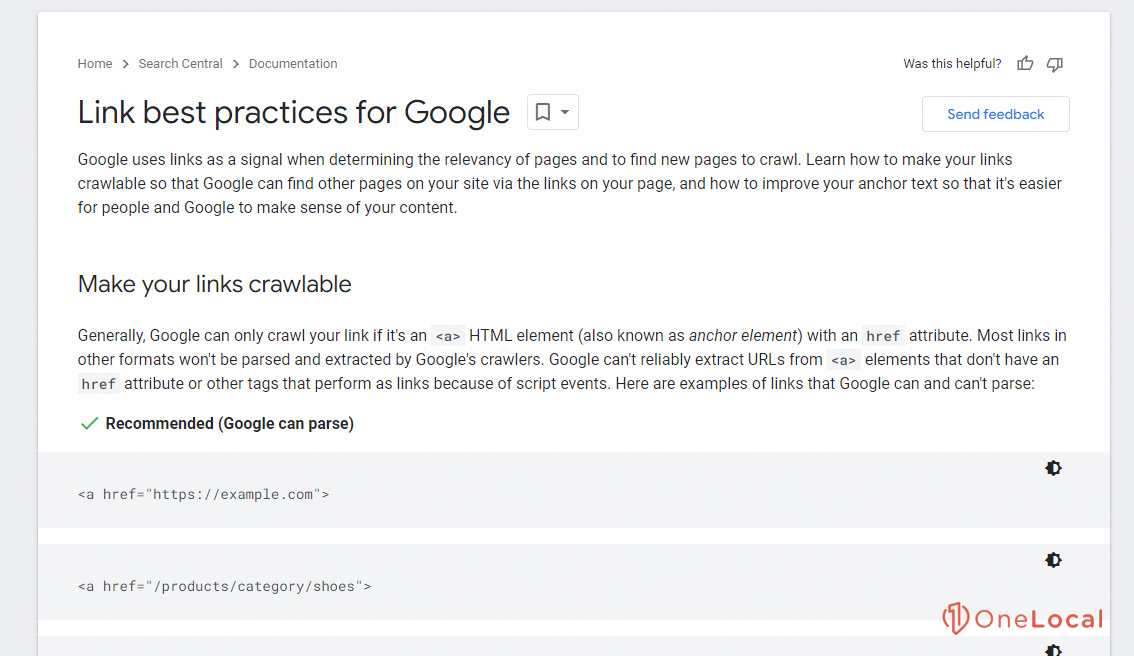
I’ve also made it a point to use a lot of internal linking to help both users and Google’s AI get through different parts of my website.
Sticking to the Google Search Essentials is smart, too. While there’s no secret formula, especially for AI overviews, sticking to these guidelines lays a great foundation for your content to show up in search results. Google has lots of advice for webmasters, and it’s a good idea to follow it.
You can also check out Google Search Central on YouTube. There are years worth of videos from legends like John Mueller and Matt Cutts. If you want to learn SEO and what Google looks for in great content, why guess when you can listen to it straight from Google employees? The problem is that very few people know about this, and even fewer listen to the videos. The ones that do are SEO experts who are handsomely paid. So, give it a try sometime! You’ll learn a lot.
Help with Your Local Business Performance
We know now that Google’s strategy for AI-generated content in search rankings makes it pretty clear that they care about the time and relevance of the content – no matter who makes it.
If it’s whipped up by fancy AI or penned by someone like you or me, the content has to meet Google’s strict E-A-T (Expertise Authority Trustworthiness) criteria to have any shot at doing well online. This fair policy will ensure a level playing field and push all content creators to pay attention to creating work that’s informative and ethical. As technology advances, it gets harder to tell apart content created by humans and machines – showing the regular need to keep up high standards of quality and integrity in content creation.
The process of AI whipping up content is pretty cool, but it also comes with its own set of ethical and practical issues that need careful thinking. Creators should tap into AI’s capabilities while keeping a close eye on its output to make sure it goes hand in hand with good practices and meets Google’s quality guidelines. This balanced strategy helps make your content more trustworthy, boosting its visibility and performance in search results.
At the end of the day, content that’s made with AI will have a pretty hard time demonstrating experience, expertise, authority, and trust. It’s generic, recycled content, and while it’s good, it doesn’t meet the E-E-A-T guidelines. And that’s the point!
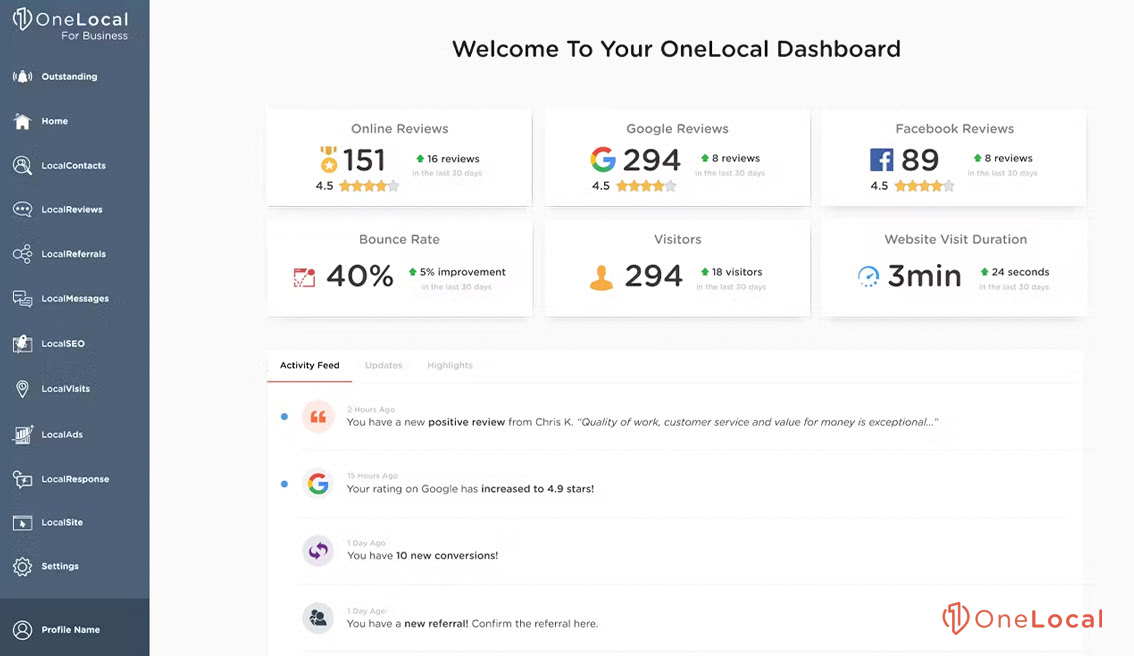
If you’re interested in helping with your local business’s online presence, OneLocal has designed just the right solutions to help with your online game. From putting together custom websites that grab your visitors’ attention to the power of customer reviews for extra credibility – our suite of big services was built to keep your business booming and visible in the local marketplace. Think about the future of online marketing with OneLocal, and connect with us for a free demo to see how we can help with your online strategy!

Rachel Solway is a seasoned marketing professional dedicated to empowering small businesses through innovative marketing strategies. With extensive experience at OneLocal, a leading marketing solutions provider, Rachel’s insights are helping thousands of local businesses navigate the digital landscape.

